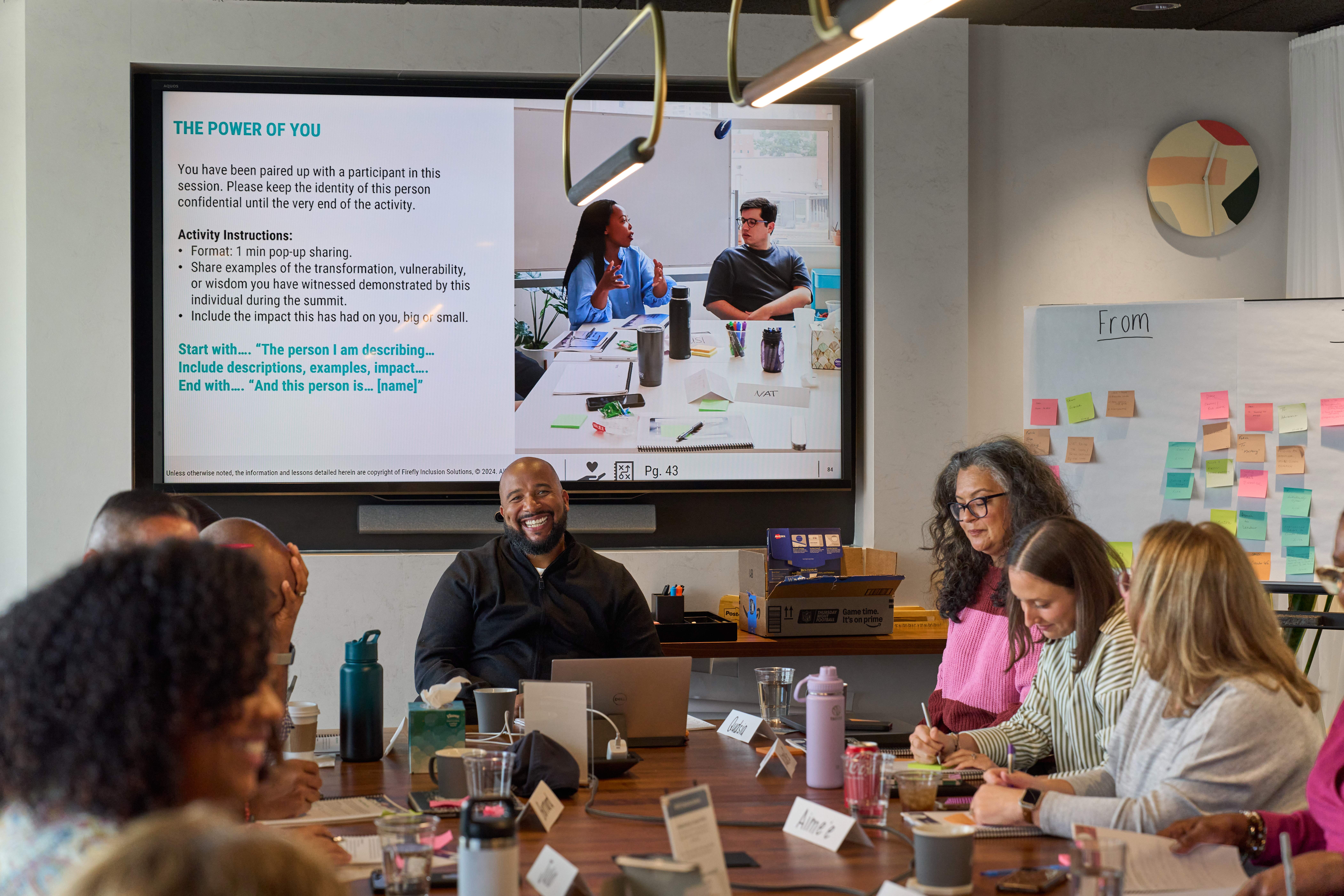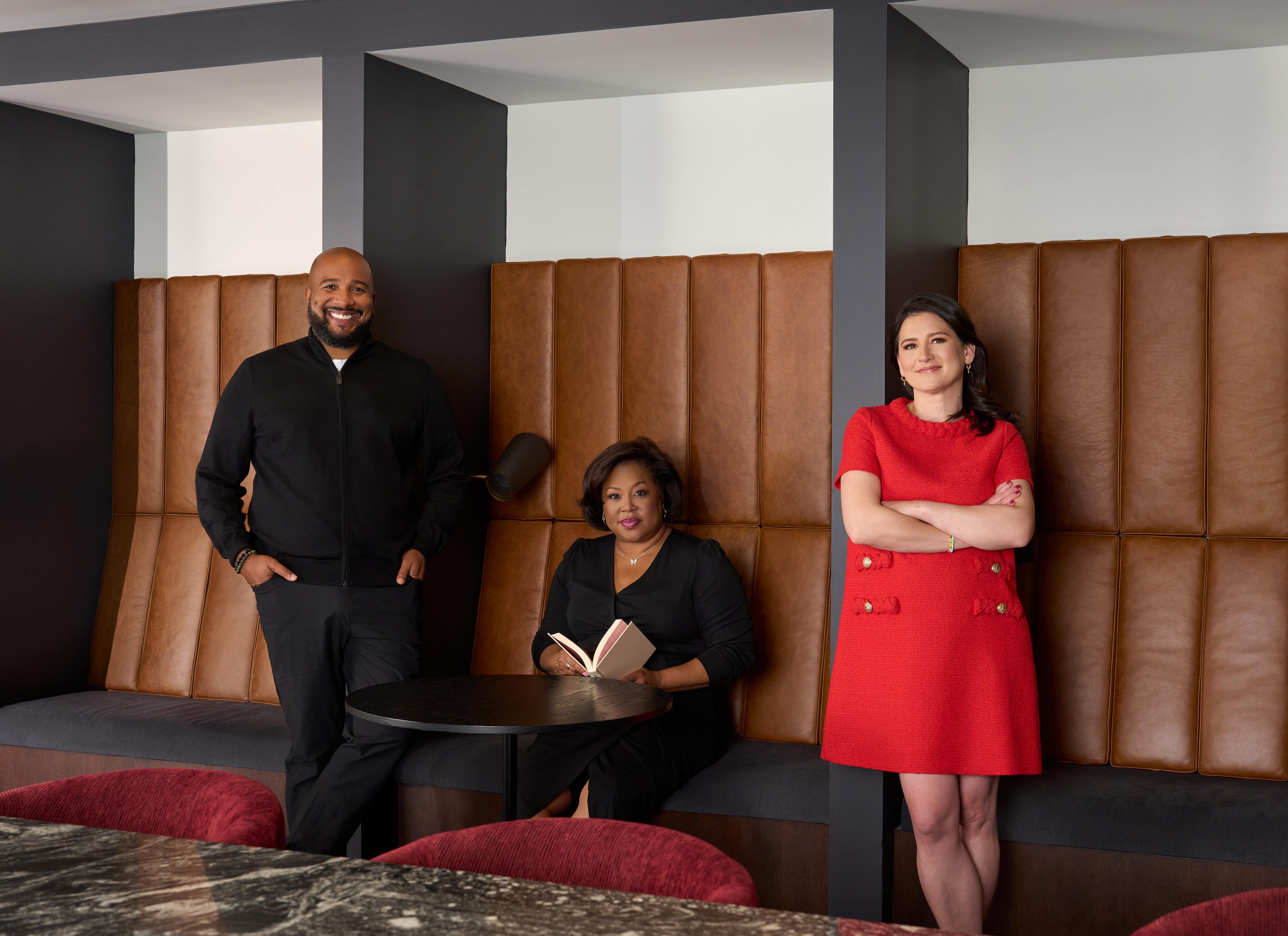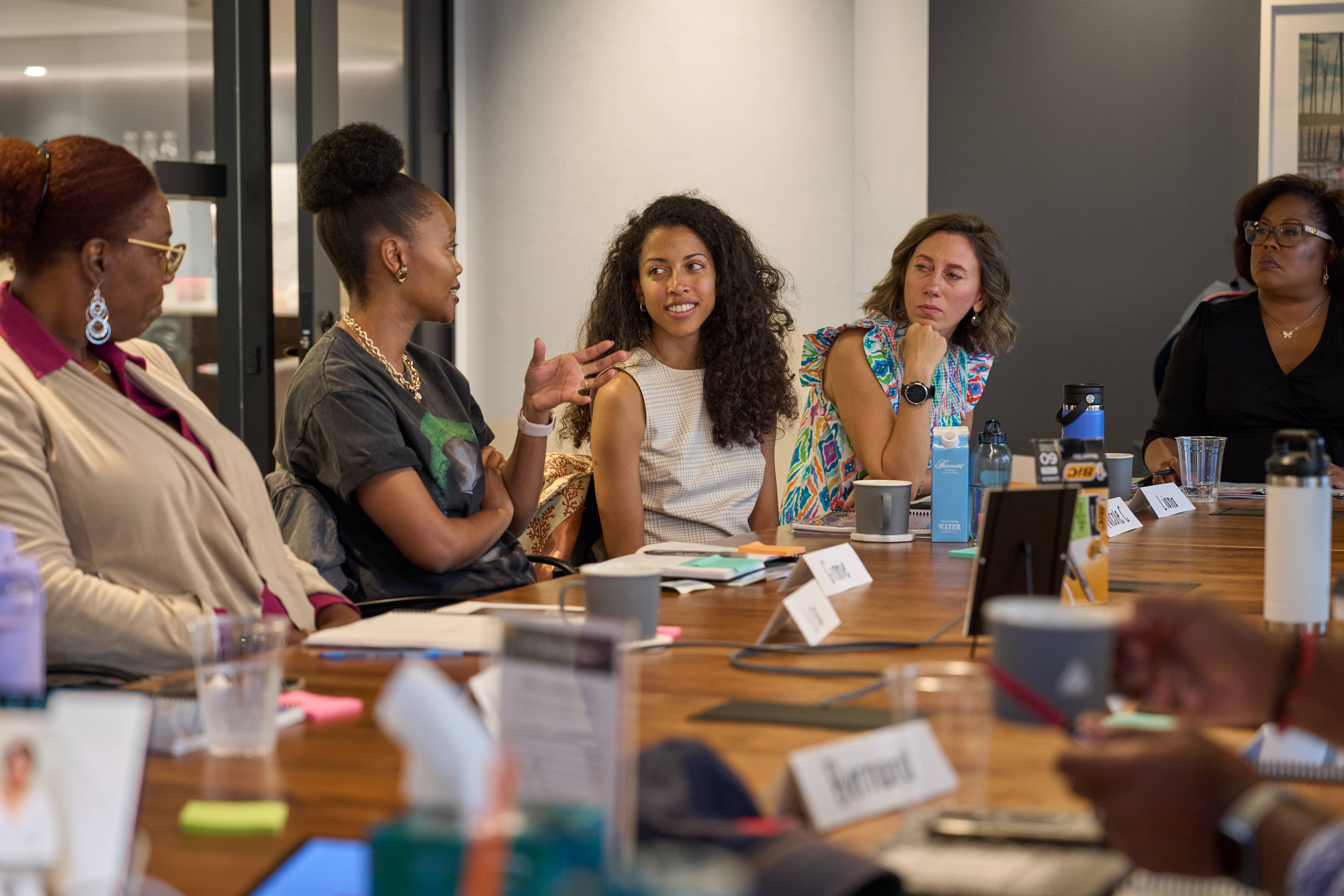In many countries of the world, politics have become the infamous third rail of social interactions. The perceived misstep or obvious difference of opinion can result in severed relationships, lost jobs, vacant board seats, rescinded admissions to schools or internships, and damaged credibility and social standings. The penalties can be swift and sometimes permanent.
Politics have the power to divide us, because what we believe or endorse politically is deeply tied to our life experience, our views of the world and our beliefs about what the world should be. If we are not careful, we can fall into the trap of thinking and believing that our experience is the experience and this leads to the dismissal of other people’s lived realities.
Approximately 60% of the world is in the midst of historic election cycles. In many U.S. states, anti-DEI legislation and efforts to demonize the work is rolling out with record speed. For some, DEI has become a dog whistle to their base, which sparks fear and resistance. For instance, Congressman Greg Murphy recently introduced legislation to halt DEI training in medical schools. This proposal was made despite the well-researched and documented data that reveals the impact of unconscious bias on women and other marginalized groups.
Nationwide, there are historic moves to block funding earmarked for minority-owned businesses, particularly those that are Black-owned. However, statistics show that Black-owned businesses only currently receive two percent of venture capital funding. In 2022, Black business owners experienced a 45% plummet in financing. As a result of this anti-DEI movement, jobs have been lost in government and higher education. Meanwhile, corporations are faced with some critical questions of where, when and if they should take a stand.
The work of inclusion, maximizing talent and developing strategies to overcome the traditional mindsets that have stopped us from reaching our true potential, has become the fodder of much political debate. Many are unwilling to face the fact that we can’t legislate morality and laws don’t change people’s hearts and minds. It is not to say that political action doesn’t play a part in the conversation. But, we must face the sobering realities of what the law can and cannot accomplish.
One of the biggest challenges is failing to have the conversations that can result in connection, empathy, and understanding. We are allowing limited thinking regarding identity to replace real discussions. Consequently, we are creating deeper divides. The pressing question for those who believe in democracy is “How can democracy exist without discussion?”

I was taught to never discuss religion, politics and sex in the workplace. A 2023 Gallup Poll shows that 52% of Americans believe corporations should not take a stance on political and social issues, but 48% of Americans believe they should, representing an almost equal divide. Among younger generations, the numbers shift and are sometimes as high as 59% of people believing that corporations have a role to play beyond producing goods and services. While there have been some polls with numbers more in favor of companies not taking a stand, all the data shows an almost equally divided sentiment.
Thinking forward, diversity, equity and inclusion leaders in organizations must figure out ways to demonstrate resilience and continue to garner organizational support that will influence leadership. Here are four things we must consider as we structure our programming:
- A deeper understanding of our customer base:
As leaders wrestle with questions of “To DEI or not to DEI?,” we need to be able to speak to how diversity, equity and inclusion efforts are connected to the purpose and mission of the business and will improve outcomes. DEI is a business conversation and the inability to be inclusive and create spaces for different experiences costs us economically. More and more, individuals want to be engaged in ways that are genuine and engender trust. DEI experts can’t just represent the cause, they have to represent the people.
- Recognize the fatigue and speak to the nuance:
While the work has become politicized, we must remember that it isn’t about politics but about people. Speaking to the data, opportunities lost and the impact must be our battleground within the organization.
- Avoid appearances of opportunism:
The retreat from 2020 pledges for equity has reaffirmed the cynicism of those who didn’t believe them in the first place. The brand distrust created won’t be forgotten and only time will tell down the line what the impact will be. Organizations can find themselves in the proverbial Catch 22. As we speak out against or in support of issues, we cannot ignore what we have said, done or failed to do in the past. Becoming a trusted brand with a social voice, won’t happen overnight. It will take time and consistency. So, wavering and folding under pressure will only have a cyclical impact and keep us from moving forward. DEI leaders must help their brands be proactive and committed in creating pathways for equity.
- DEI Programing in 2024 and beyond should be about the basics:
In saying that we need to cover the basics, I don’t mean we should go back to the beginning of the work. I mean that we must acknowledge that the heart work has never been done. Worldwide, we have passed laws and assumed they worked like magic pixie dust on cultural conscience and mindset. The passing down of beliefs and attitudes in families and communities show up in our work spaces and we cannot be afraid to address them.
Patagonia is an example of a brand that consistently walks their talk and has built a reputation that is trusted. In 2017, the company sued the Trump administration for its environmental policies. They also endorsed political candidates in the midterms who advocated for policies consistent with their brand. In addition to these actions, they added messaging to some of the labels in their clothing which encouraged customers to use their political power.
Organizations can’t be afraid to have the conversations, both internally and externally. The health of the future is dependent on it.
Paragraph



